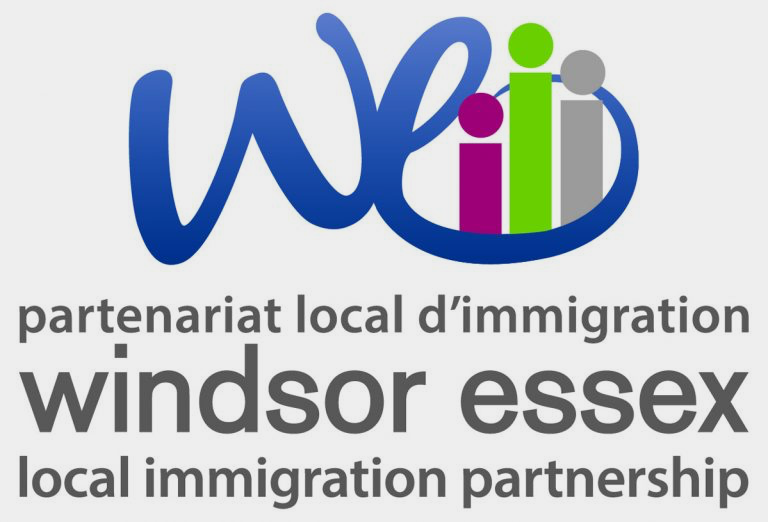WE LIP Success Story – May 2018
LMIA Information Sessions for Employers
May 15, 2018
On May 15, 2018, two information sessions for local employers were held at the Service Canada Windsor office. The Understanding the Labour Market Impact Assessment (LMIA) Process sessions were organized by WE LIP staff, in partnership with WE LIP member organizations, WindsorEssex Economic Development Corporation, New Canadians’ Centre of Excellence Inc. and Service Canada.
Information regarding what an LMIA is, along with the application process under the Temporary Foreign Worker and the Express Entry programs, was delivered to 36 attendees by Service Canada staff via video conferencing.
In most cases, any job offer by an employer to a foreign worker has to be supported by a Labour Market Impact Assessment (LMIA). The LMIA is a document submitted to Employment and Social Development Canada (ESDC) that establishes the need to hire a foreign worker because there are no local workers available to fill the job. ESDC base their decisions on labour market indicators as well as the information submitted by the employer in assessing the LMIA application.
Canadian employers hiring employees through the Express Entry process must also complete and LMIA. Employers unable to fill job vacancies with Canadians or permanent residents may offer a qualifying job to a skilled foreign worker through the Express Entry immigration selection system. Unless the candidate (worker) has been working in Canada for at least one year on a work permit designating a specific employer (such as a NAFTA work permit or as an Intra-Company transferee), employers must obtain an LMIA in order for the permanent job offer to be validated for Express Entry. This document serves as proof that the hiring of the skilled worker will have a positive or neutral effect on the Canadian labour market.
WE LIP Newcomer Youth Table Members Participate in CAS Youth Election Forum
May 15, 2018
The WE LIP Newcomer Youth Planning Committee identified that newcomer youth need to have more opportunities to participate in the decision-making processes regarding the design and delivery of the services available to them and have more avenues to raise their concerns to decision-makers. In response, a recruitment process took place in April 2018. Five newcomer youth between the ages of 14 and 22, and two adult co-chairs (Delna Buhariwalia, Windsor Women Working with Immigrant Women and Gerardo DeRose, YMCA of Western Ontario) were selected to form the WE LIP Newcomer Youth Table. Their purpose is to assist and advise the Planning Committee in making youth-informed decisions and enhancing available supports.
During their first meeting, the group was tasked with formulating questions for the WindsorEssex Children’s Aid Society’s Provincial Election Forum focusing on issues impacting youth of our community. On May 15, 2018, Youth Table members, Mory and Johakyna, were provided an opportunity to pose the following questions directly to the candidates:
- I feel that the current education system does not adequately prepare students to explore the wide variety of career options available to them today. The sense I get from my peers is that they really do not know what they want to do in the ‘real world’ once they have graduated or how to put their learning into practice. How will your leadership help address this gap?
- I see that some of my friends who experience social isolation do not ‘know Windsor’ – they would benefit from learning more about the different neighborhoods, communities, and cultures that live in Windsor. What will you do to support youth who want to build connections and integrate across the various communities that currently call Windsor their home.
- I understand that, as youth, we experience challenges in emotional and mental wellness that lead to self-esteem issues and even depression. However, I feel that when youth speak to a counsellor or medical professional to address their problems, they are often prescribed medication for depression and mood disorders. I feel that this is a problem – the overprescribing of medication to deal with issues of emotional and mental wellness. Secondly, this sort of over-dependence on medication does not help us address what I think is at the heart of many youth issues, which is a lack of connection to their communities and childhood trauma. What steps would you take to address this?
- According to you, what causes poverty in Ontario and what efforts would you put forth to reduce poverty locally?




Photo credit: Charlotte LeFrank
Download a copy of this success story here:



